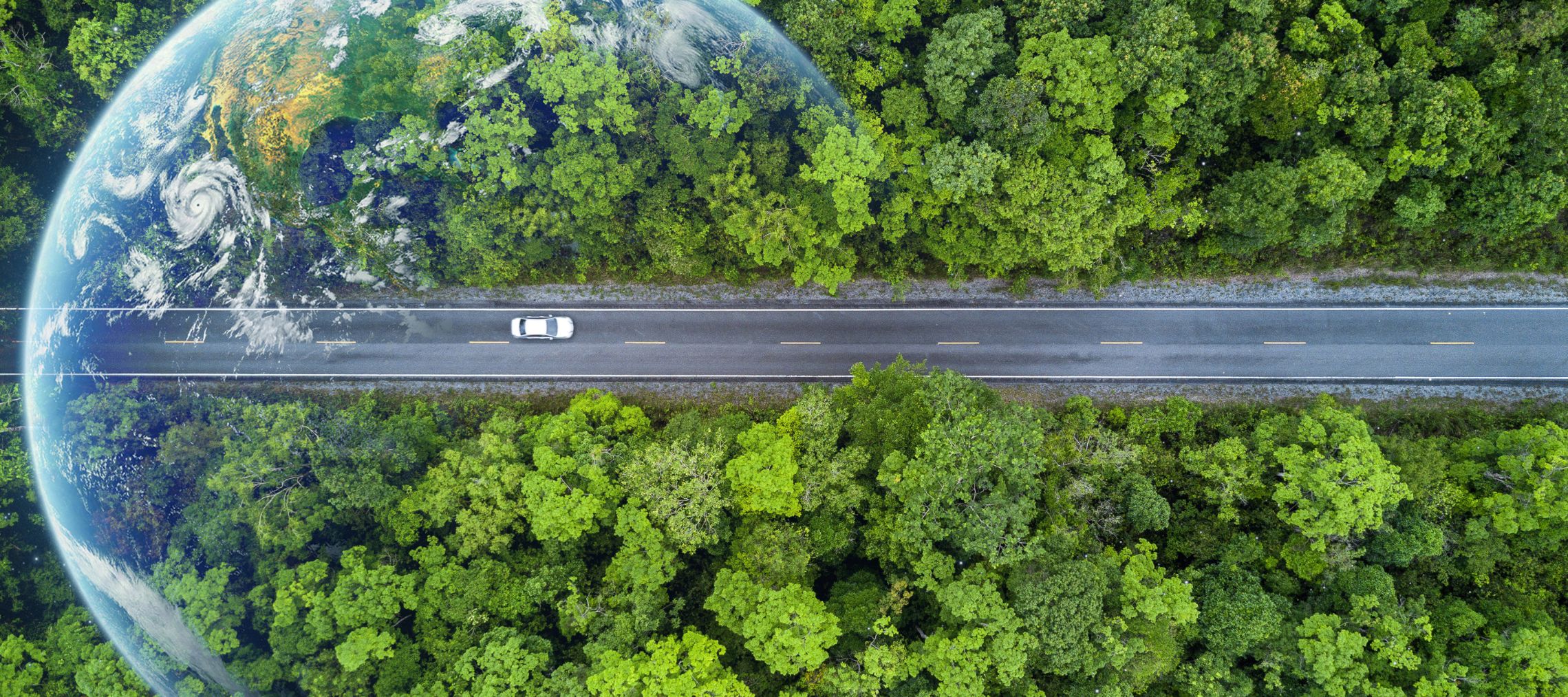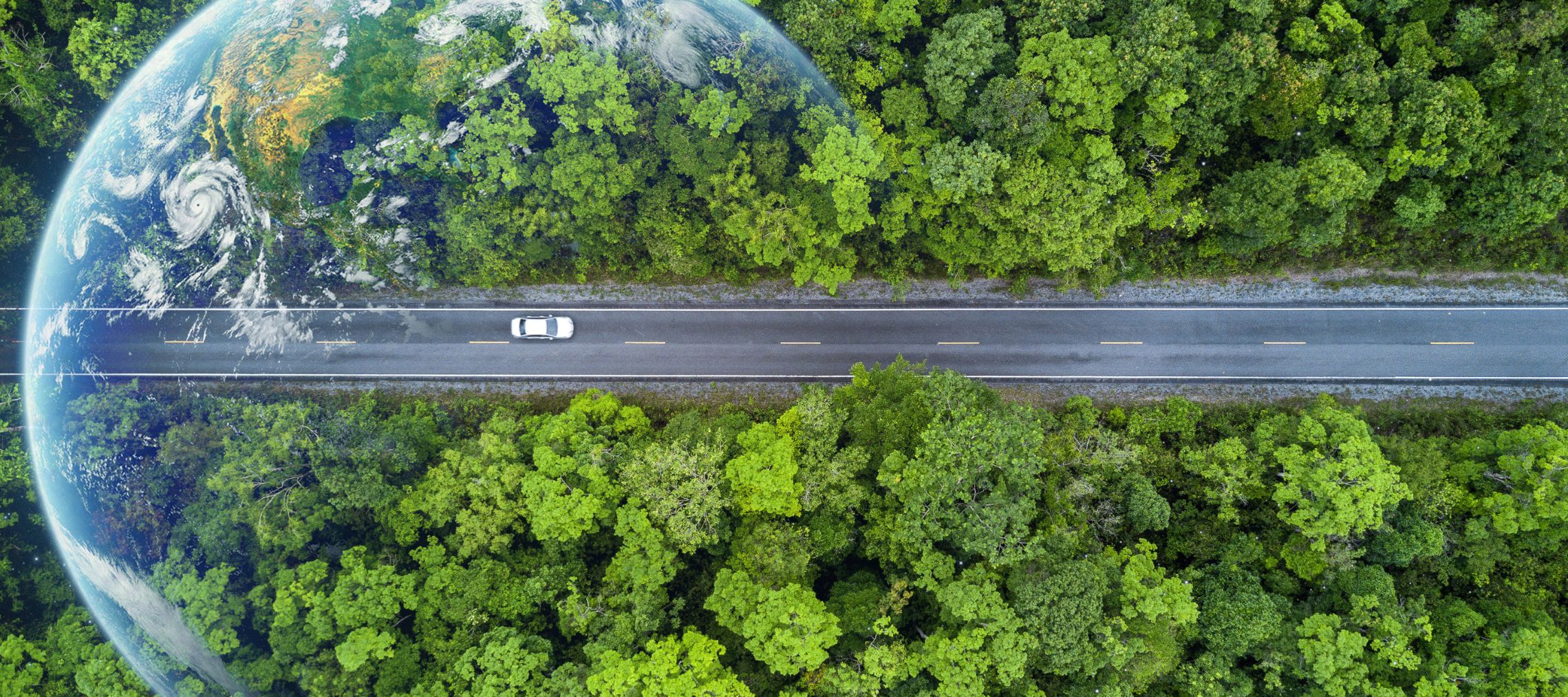Climate adaptation is a dynamic and complex process. This includes risk assessment, adaptation planning, implementation, and monitoring at different scales. Adaptation strategies vary according to specific types of climate hazards, geographical scales, and time frames. However, limited knowledge while dealing with several uncertainties is a major challenge. CSTEP's scientific strategies can help policymakers design and prioritise adaptation measures to meet our climate agenda.


Consultant (Water Policy)
We are seeking a Consultant to join the Adaptation and Risk Analysis team at CSTEP, contributing to the Water Ecosystem Mapping Project. The consultant will support detailed policy reviews across the water and allied sectors in India. The project aims to enhance understanding of water security by analysing sectoral and thematic policies at both state and national levels and mapping the broader ecosystem within a Climate–Water–Energy–Food (CWEF) framework.
Responsibilities
Analyst
We are seeking an individual specialising in Urban Adaptation, with strong strategic thinking skills and the ability to translate research into visual and spatial outputs, as part of the Adaptation and Risk Analysis Group. The role blends systems thinking, spatial analysis, and creative storytelling to transform research on heat and multi-hazard risks into actionable, design-informed adaptation strategies.
Responsibilities
Senior Associate
We’re seeking a technically grounded and impact-driven professional to lead our climate risk analytics and modelling work, with a focus on Heat Mapping and Risk Analysis. The role calls for a blend of scientific rigour, spatial insight, and policy understanding, translating high-resolution climate and socio-economic data into actionable risk intelligence for national and city-level decision-makers.
Responsibilities
Intern (Ecological Survey)
We are seeking a motivated and detail-oriented Intern to support ecological surveys as part of an ongoing project on Ecosystem-based Adaptation (EbA) in Bengaluru. This internship provides hands-on experience in biodiversity surveys, ecological sampling, and field data management across a range of diverse urban and peri-urban habitats. The internship offers an opportunity to contribute to an ongoing project on urban ecosystems and climate resilience. Interns will also receive guidance and mentorship from a multidisciplinary research team.
Training report on climate change: Science, impacts, and solutions
The report summarises the outcomes of a training programme held from 7 to 12 April 2025 at the State Institute of Training and Extension (SITE) in Bhubaneswar. The training aimed to build a foundational understanding among stakeholders regarding the science of climate change, its current and projected impacts, and potential adaptation and mitigation strategies.
Climate-Smart Agriculture Alliance
The Department of Agriculture and Farmers’ Empowerment (DA&FE), Government of Odisha, in collaboration with the Gates Foundation; Center for the Study of Science, Technology and Policy (CSTEP); and Catalyst Management Services (CMS) launched a multi-stakeholder partnership to promote Climate-Smart Agriculture (CSA) and Climate-Resilient Agriculture (CRA) practices in the state.